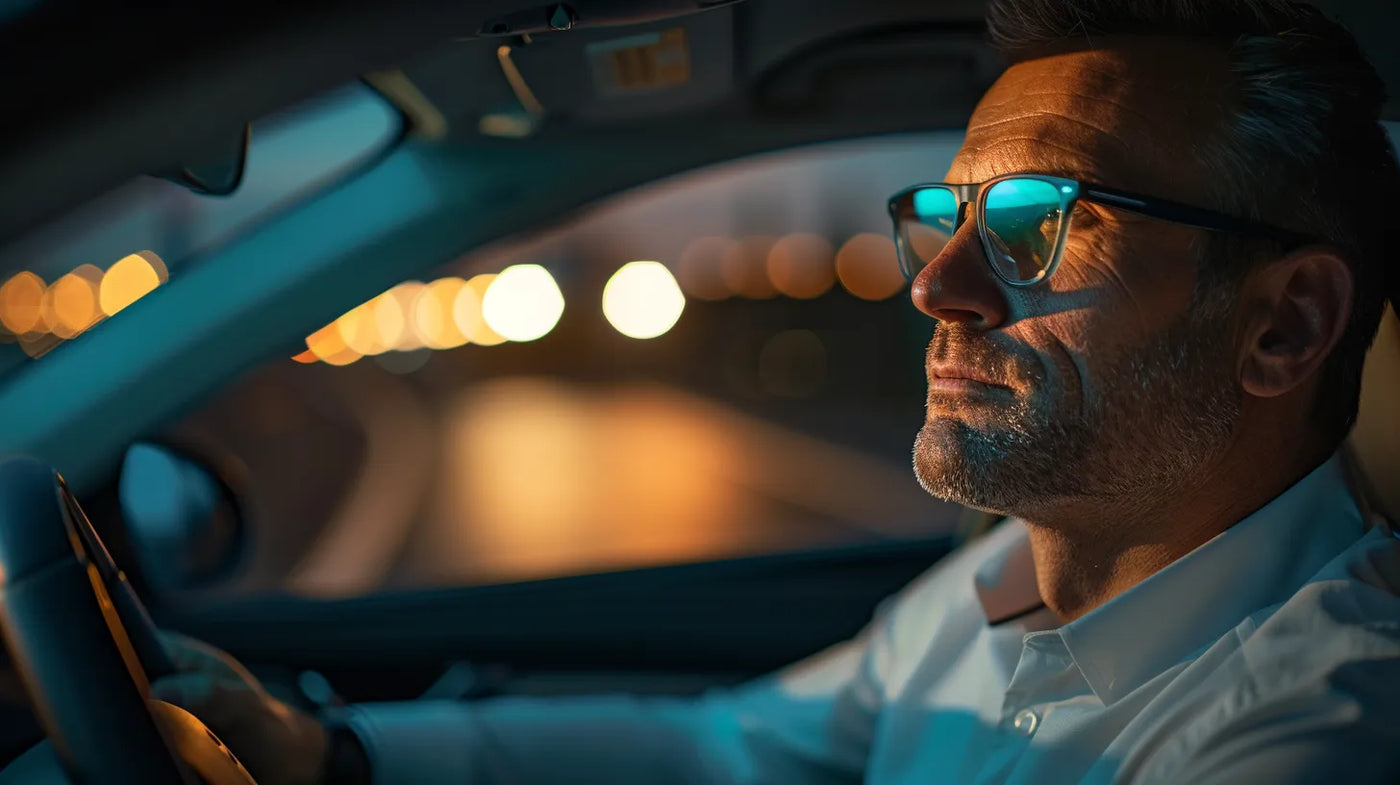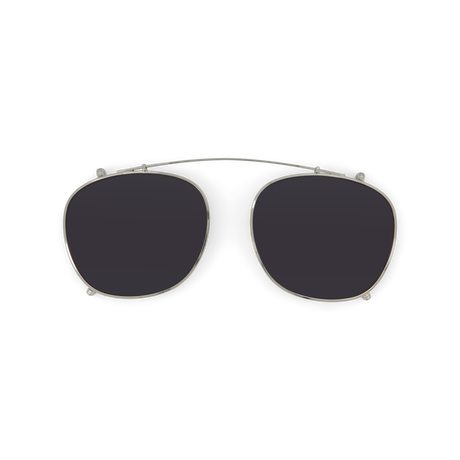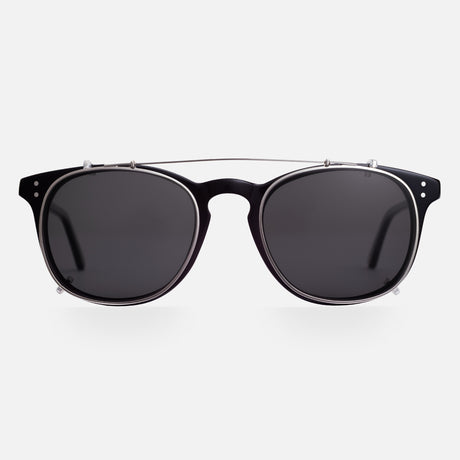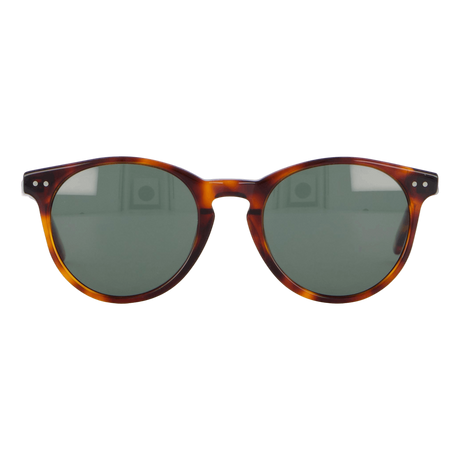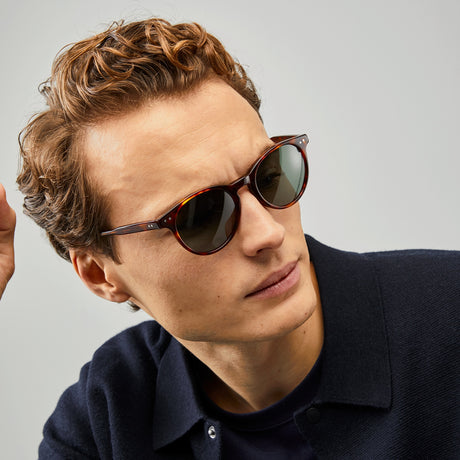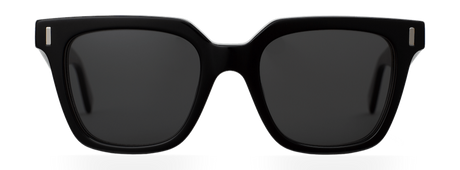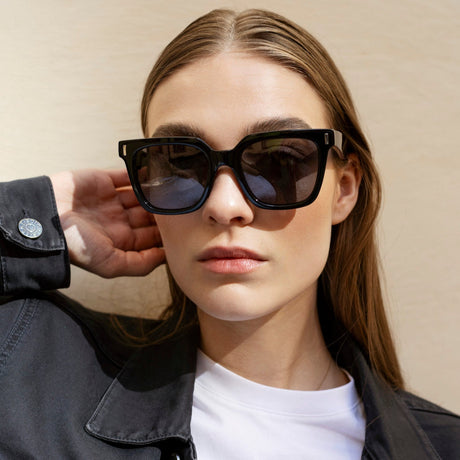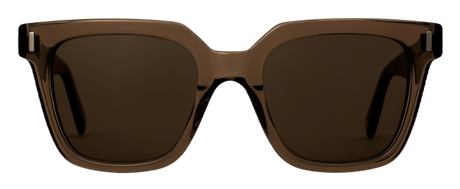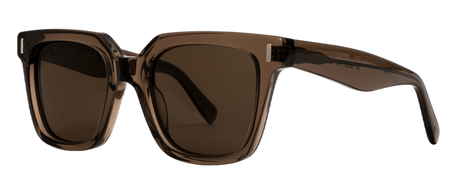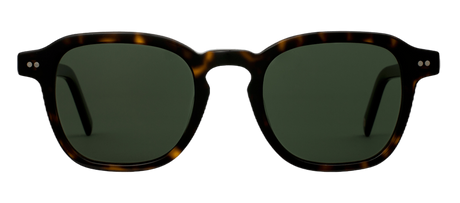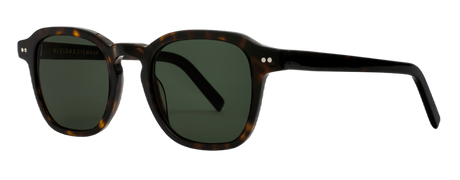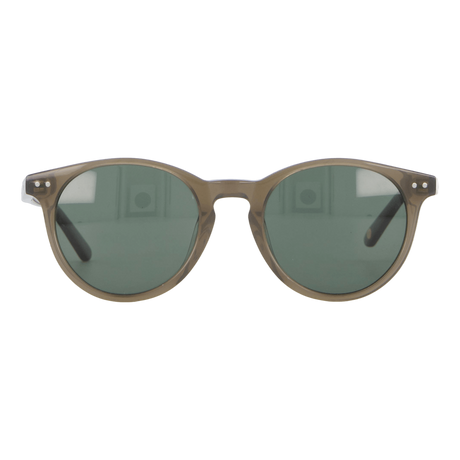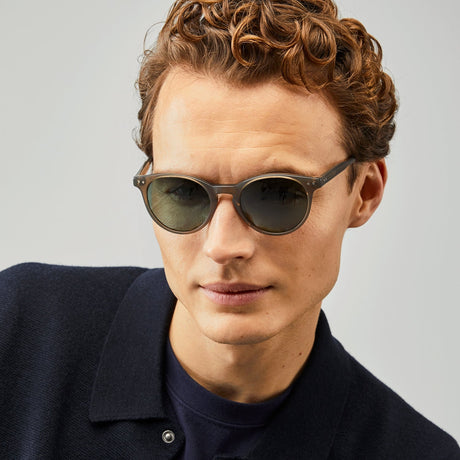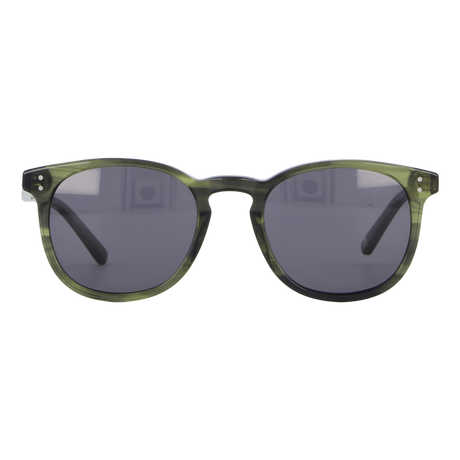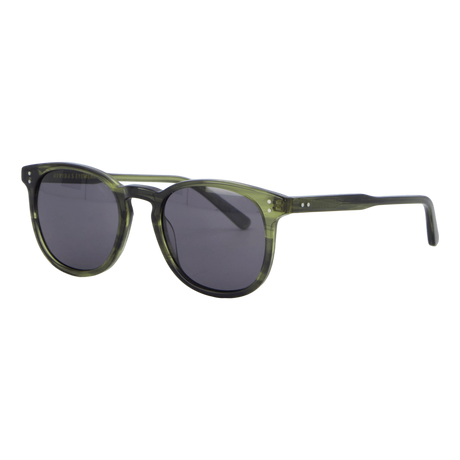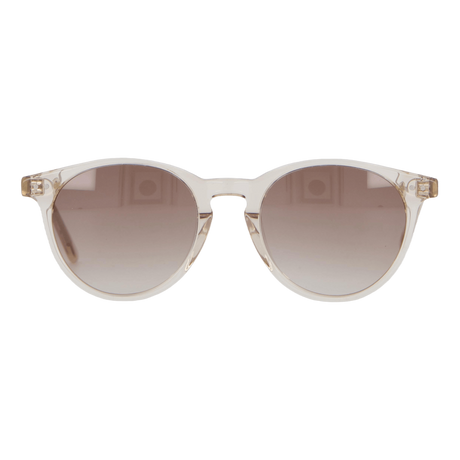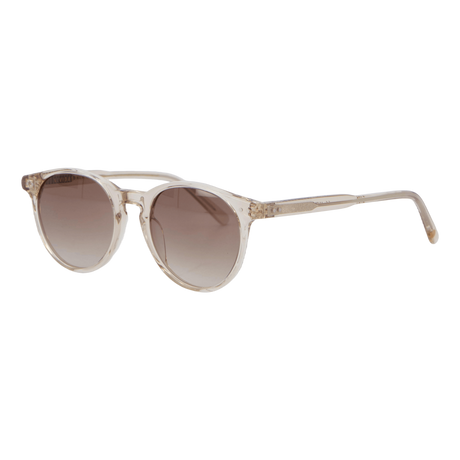Why Use Night Driving Glasses?
Driving in the dark can be demanding on the eyes, even for those with perfect vision. Glare from oncoming traffic, reflections from wet roads, and difficulties in discerning contrasts are just a few of the challenges one may encounter. For those with vision problems or aging eyes, these challenges can be even greater. This is where night driving glasses come into play.
These specially designed glasses have lenses optimized to enhance the visual experience in low-light conditions. They can help:
- Reduce glare from headlights
- Improve contrast
- Increase sharpness and visibility
- Minimize eye strain
By wearing night driving glasses, you can feel more confident and comfortable behind the wheel, even on the darkest nights.
How Do Night Driving Glasses Work?
Night driving glasses utilize specialized lenses designed to optimize vision in low-light conditions. These lenses often have a yellow or amber tint, which helps filter out blue light from headlights and street lamps.
Blue light has the shortest wavelength in the visible spectrum and is known to cause glare and blurriness, especially at night. By filtering out some of the blue light, night driving glasses can improve contrast and sharpness, making it easier to see road markings, signs, and other obstacles.
Some night driving glasses also feature anti-reflective coatings on the lenses. This treatment helps reduce reflections from the inside of the lenses, further enhancing the visual experience and minimizing eye strain.
Who Can Benefit from Night Driving Glasses?
While all drivers can benefit from using night driving glasses, some groups may find them particularly advantageous:
- Older drivers: Aging eyes often have difficulty adjusting to low-light conditions and are more sensitive to glare.
- Drivers with vision impairments: Those with visual impairments such as myopia (nearsightedness), hyperopia (farsightedness), or astigmatism may experience increased difficulties when driving at night.
- Professional drivers: Those who spend long hours on the road at night, such as truck drivers or taxi drivers, can greatly benefit from the improved comfort and safety that night driving glasses offer.
Can Contact Lens Wearers Use Night Driving Glasses?
Yes, contact lens wearers can definitely use night driving glasses. In fact, the combination of contact lenses and specialized glasses can provide an optimal visual experience for night driving.
Contact lenses already offer a wide field of view and excellent peripheral vision, which is important for safe driving. By adding night driving glasses on top of contact lenses, you can gain additional benefits such as reduced glare and improved contrast.
If you wear contact lenses and frequently drive at night, consult with your optician about the possibility of getting a pair of night driving glasses. They can help you choose a lens and frame that suits your needs and face shape.
Tips for Safe Night Driving
In addition to using night driving glasses, there are several other steps you can take to improve your safety and comfort when driving at night:
- Ensure your windshield is clean and free of scratches to minimize glare and light scattering.
- Adjust your rearview mirrors to reduce reflections from traffic behind you.
- Take regular breaks if driving long distances at night to avoid fatigue.
- Slow down and increase your following distance, as it can be more difficult to judge distances and speeds in the dark.
- Stay up-to-date with regular eye exams and ensure your vision correction is optimal.
By investing in a quality pair of night driving glasses and following these tips, you can feel more secure and confident behind the wheel, regardless of the time of day. Remember, your vision is crucial for your safety and that of others when driving. Take care of your eyes and make the necessary adjustments to ensure an optimal visual experience in all conditions.
